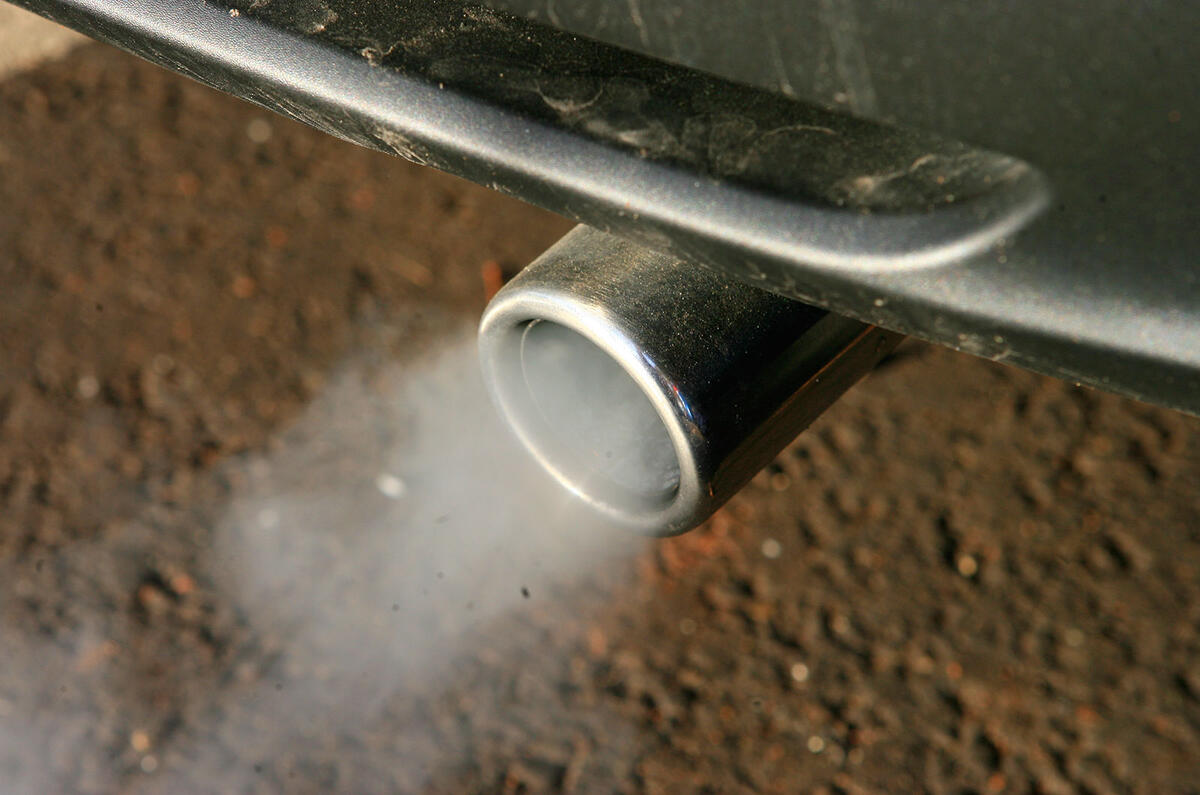I’m as much to blame as anyone. Right back in 1998 I got my hands on one of the first super-punchy Mk4 Volkswagen Golf diesels. That thing was a riot: an ordinary hatchback that had huge in-gear pace and seriously impressive fuel economy. And sometimes both at the same time.
I well remember a Boxing Day trip to Wymondham in Norfolk, up a deserted A11. The road was punctuated by roundabouts, the hyper-diesel’s favourite territory. Three-up, I was being trailed by a chap in an original Audi S4 Avant, which was no mean performer back then.
Volkswagen in emissions cheating scandal
However, the hyper-Golf left the stumbling Audi for dead at every roundabout exit, where the VW’s mid-range punch was almost comical. This was clearly the future: a compact, light, hatchback with serious pace and high 40mpg economy.
Six years later I was scrabbling around in the gutters of Piccadilly, central London. I was photographing the kerb stones which appeared to be thickly coated in a graphite-like substance. It was, in fact, the particulates being emitted - mainly - by London’s ageing diesel bus fleet.
What I couldn't see - although those with sensitive chests might have felt - was the nasty nitrogen oxides also being emitted by the diesel engines.
In 1994, the newly-formed Transport for London had introduced the infamous ‘Congestion Charge’, basing it on the level of CO2 emissions from vehicles. And in the global warming panic, the strict meanings of CO2 ‘emissions’ and ‘pollution’ had been dangerously - possibly deliberately - welded into one.
High-CO2 vehicles were ‘polluting’. Reducing CO2 ‘emissions’ had to be a national and local priority. In fact, as I pointed out on many internet forums, replacing London’s 24,000 black cabs with 24,000 petrol Range Rovers would massively improve central London’s air quality.
Living on a busy road in the capital, I had come to realise that the layers of fine dirt and dust on the front door and on the window sills was not just the backwash of living in city, it was mostly particulates, fired from the exhausts of vans, trucks, taxis and many older cars.




Join the debate
Add your comment
Autocar & Motor
No petrolhead fears electric
The myth that there is no prove that ties CO2 to warming...
Politics are very very very
So, Diesel would be good according to the politics, and we should buy more and more Diesel.